When our mood is low, giving to others can seem pointless and way too hard. Our impulse is to hide, avoiding others and withdrawing to soothe ourselves or indulge our bad mood. Yet humankind has known for centuries that helping others makes us feel good too.
Understanding How Giving to Others Improves Your Mood
Augustine of Hippo, one of the early church fathers in Christianity, fussed about this. He argued pure charity couldn’t happen because giving to others made us feel good. This link meant pure altruism was literally impossible. I doubt any of us are going to fret too much that our altruism can’t be without personal gain. Yet it is notable that a 4th Century theologian was aware of the connection.
Fast forward to our present technology. Neuroscience can explain why giving to others makes us feel better. At its core, the human brain is wired for connection. Fundamentally our brains are designed to ensure that us human animals make connections with each other. One of the parts of our brain that makes this happen is the mirror neurons.
Mirror neurons are responsible for reflecting or mirroring the state of mind of others around us. As soon as we interact with another person, our mirror neurons start to adjust our internal experience to harmonize with the other person. Don’t believe me? Consider the last time you came home after a great day, totally pumped and happy. Then your roommate or loved one came home completely frustrated and unhappy. How long did it take for your buzz to fade? That’s mirror neurons at work.
When we give of ourselves to someone else, we trigger a benefit for ourselves because of the mirror neurons. It’s pretty simple. I do something awesome for you. Your start to feel great. My mirror neurons respond to your positive mood and presto! My negative mood improves. I feel good because I did good.
Giving to Others on a Larger Scale
This mirror neuron boost works at a group level too. Volunteers for any cause experience this benefit all the time. Giving back to your community creates a wonderful virtuous cycle. Your mirror neurons spend time around other people who are value being involved. You get a buzz from the joy of making a difference in some way. As you work together, you reinforce each other’s happiness. Plus, your identity now includes being an involved member of the community. So the question is, what will you do next year to give back?
